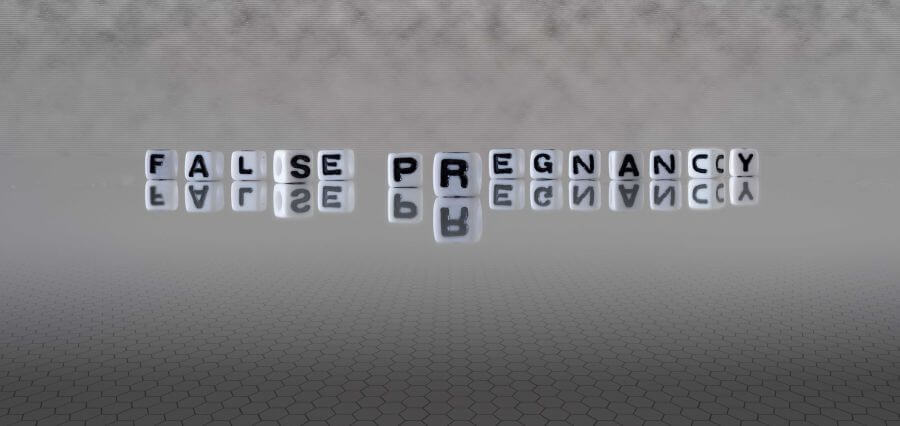For a person experiencing pseudocyesis, the symptoms can closely resemble those of pregnancy. This condition involves the belief that you are expecting a child when you are not actually pregnant. Individuals with pseudocyesis experience many, if not all, of the symptoms of pregnancy, except for the presence of an actual fetus.
Symptoms of False Pregnancy
Women with pseudocyesis experience many of the same symptoms as those who are actually pregnant, including:
- Missed menstrual period
- Abdominal bloating
- Breast enlargement and tenderness, changes in the nipples, and possibly milk production
- Feeling fetal movements
- Vomiting and nausea
- Weight gain
These symptoms can last for just a few weeks, nine months, or even several years. A very small percentage of women with pseudocyesis may arrive at a doctor’s office or hospital with symptoms resembling labor pains.
Causes that may lead to pseudocyesis include
- Miscarriage (usually more than one)
- Infertility
- Loss of a child
- Psychological breakdown
Additionally, there are also real physical causes, including ovarian tumors and chemical imbalances in the brain, that “trick” the body in some way, making it believe it is pregnant.
Tests for Pseudocyesis
Since pseudocyesis mimics all the details of pregnancy, it is important for the doctor to confirm that it is a false pregnancy and not a real one. The same tests used to confirm a real pregnancy are conducted to diagnose pseudocyesis.
These tests begin with a physical examination, including a pelvic exam, to determine if there is any form of pregnancy. This is followed by a urine analysis to check the results. The urine test is usually negative unless the woman has a very rare disease, such as certain types of cancer, that secretes the same pregnancy hormones.
An ultrasound is another test used to determine if the pregnancy is real or false. In the case of pseudocyesis, the ultrasound will show the absence of a fetus. However, in some severe cases, the ultrasound may reveal cervical softening, similar to what occurs in actual pregnancy. Ultrasound is the only test that can definitively confirm or rule out pregnancy with 100% accuracy.
References
- https://www.bannerhealth.com/healthcareblog/teach-me/what-is-a-false-or-phantom-pregnancy
- https://www.webmd.com/baby/false-pregnancy-pseudocyesis
- https://americanpregnancy.org/getting-pregnant/false-pregnancy/
Read More: Click Here










